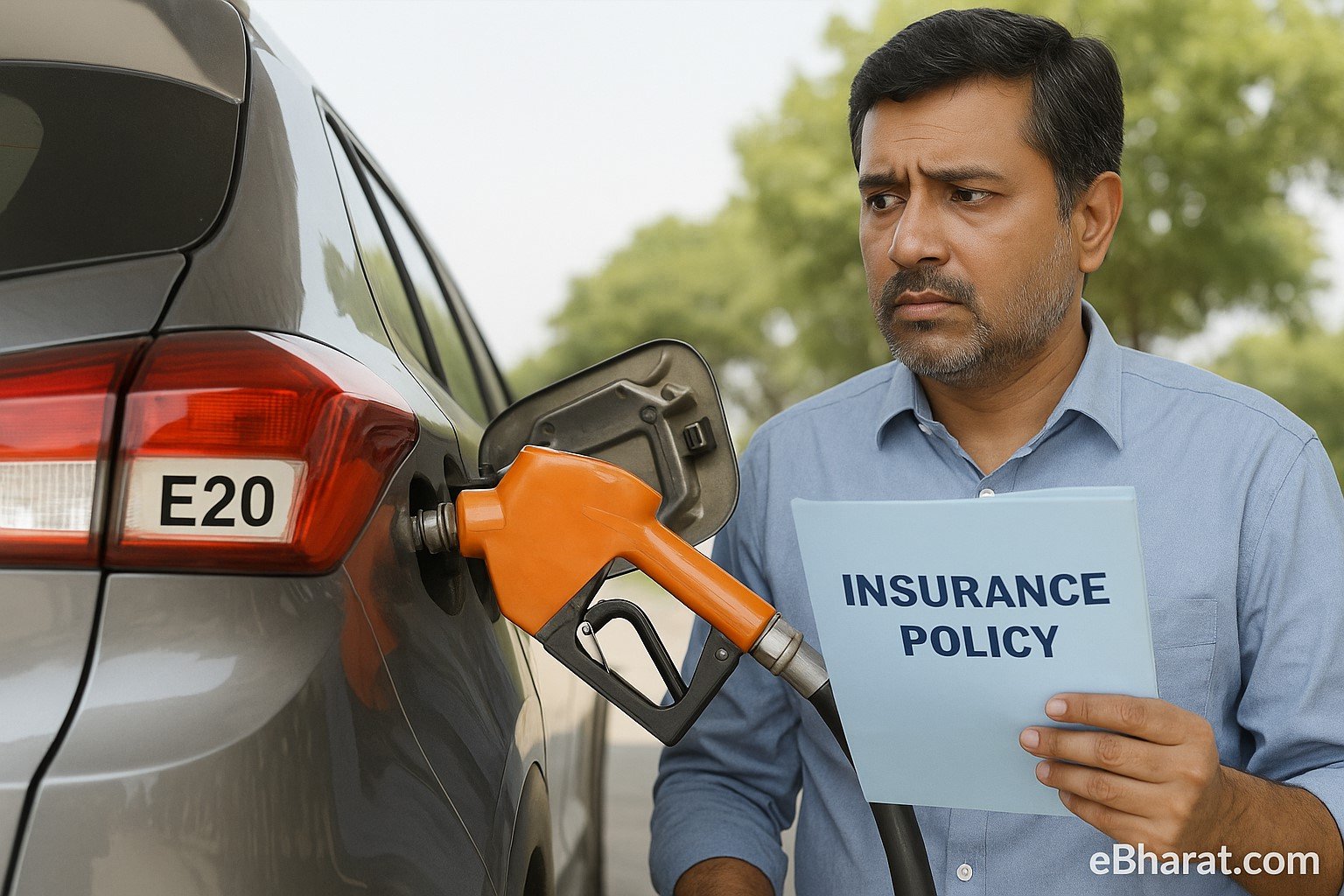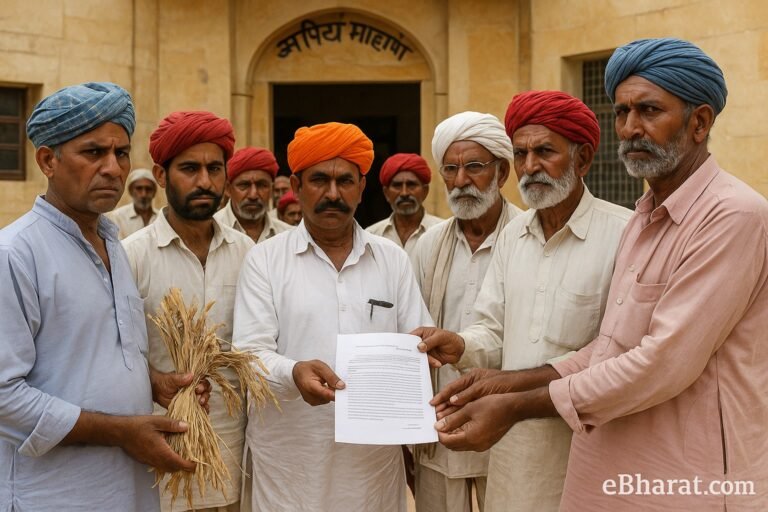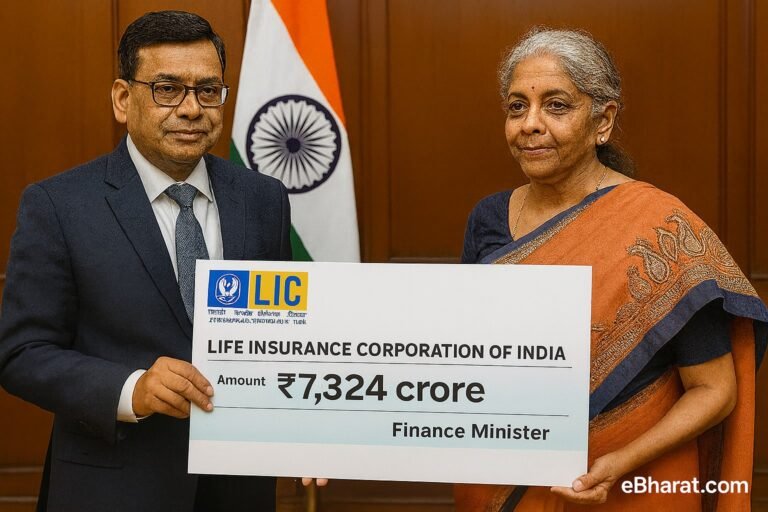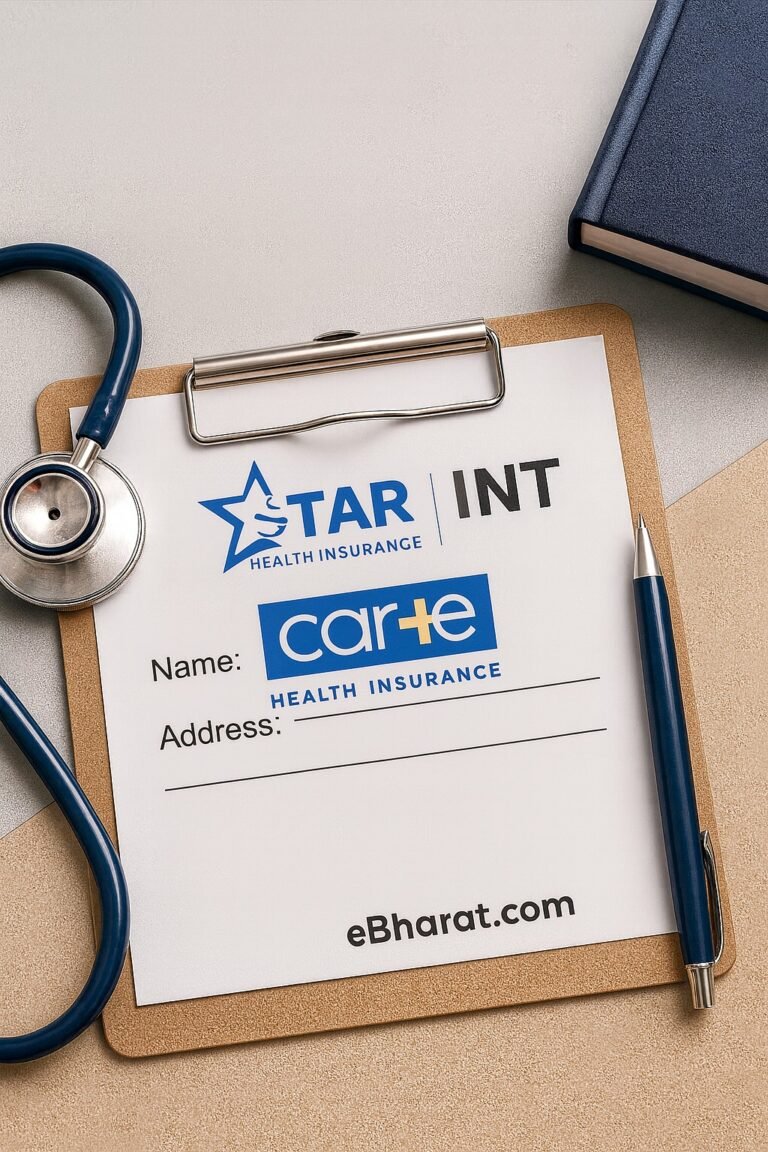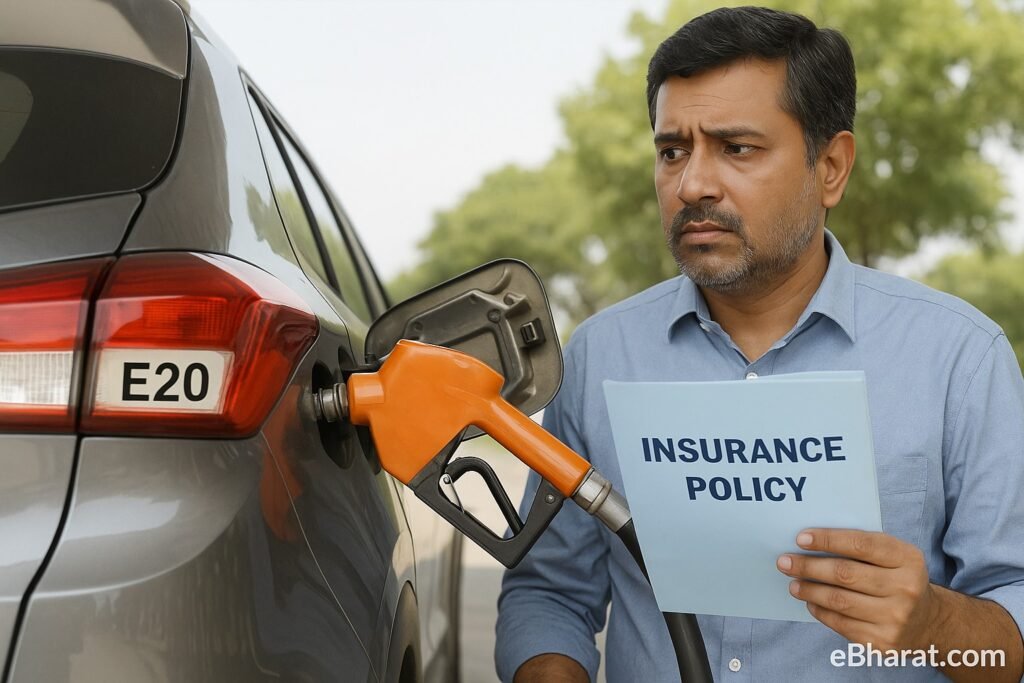
India’s push towards green energy has brought in E20 petrol — a blend of 20% ethanol with petrol. While this move helps cut carbon emissions and reduces dependence on oil imports, it has left car owners with a critical question:
👉 If E20 damages my car’s engine, will my motor insurance cover the repairs?
So far, there are no clear answers — and that’s creating major confusion among vehicle owners.
What is E20 Fuel?
- E20 petrol is a government-approved fuel with 20% ethanol and 80% petrol.
- It’s already being rolled out across several Indian cities.
- Automobile manufacturers are now producing E20-compliant vehicles, but millions of older cars were designed for E10 or lower ethanol blends.
This raises a serious concern: if you accidentally use E20 in a non-compatible car, and the engine gets damaged, will your motor insurance pay for it?
Insurers Silent, Customers Confused
Currently, insurers haven’t released any official guidelines. Industry experts note:
- Standard Comprehensive Motor Insurance usually excludes damage caused by using fuel not recommended by the manufacturer.
- If your car isn’t certified for E20, insurers may call it “negligent usage” and reject the claim.
- The IRDAI (Insurance Regulatory and Development Authority of India) hasn’t issued a circular yet to clarify if E20 damage will be covered.
This silence is leaving car owners in limbo.
👉 Also Read: IRDAI Proposes Internal Ombudsmen Inside Insurers to Resolve Complaints Faster
Car Owners Growing Anxious
Many car owners are already worried.
A Delhi resident, Rohit Mehra, shared:
“I recently filled E20 without realizing my car wasn’t certified for it. Now I’m worried that if my engine fails, my insurance company will refuse the claim.”
Workshops across metro cities are also reporting more queries on E20 compatibility.
What Experts Advise
Until regulators and insurers provide clarity, experts suggest:
- Check your car manual: Confirm if your vehicle is marked “E20-ready.”
- Read your policy fine print: Look for exclusions around “fuel-related damage.”
- Wait for IRDAI guidelines: Circulars may soon clarify the coverage scope.
- Consider add-ons in future: Insurers may introduce optional E20-specific riders.
Why This News Matters
India’s green energy transition is important, but without insurance clarity, millions of car owners risk paying out of pocket for expensive engine repairs.
Unless insurers and regulators step in, policyholders could face unexpected financial shocks.
✅ For now, the safest step is to use E20 only if your car is certified — and ask your insurer directly about coverage before it’s too late.

